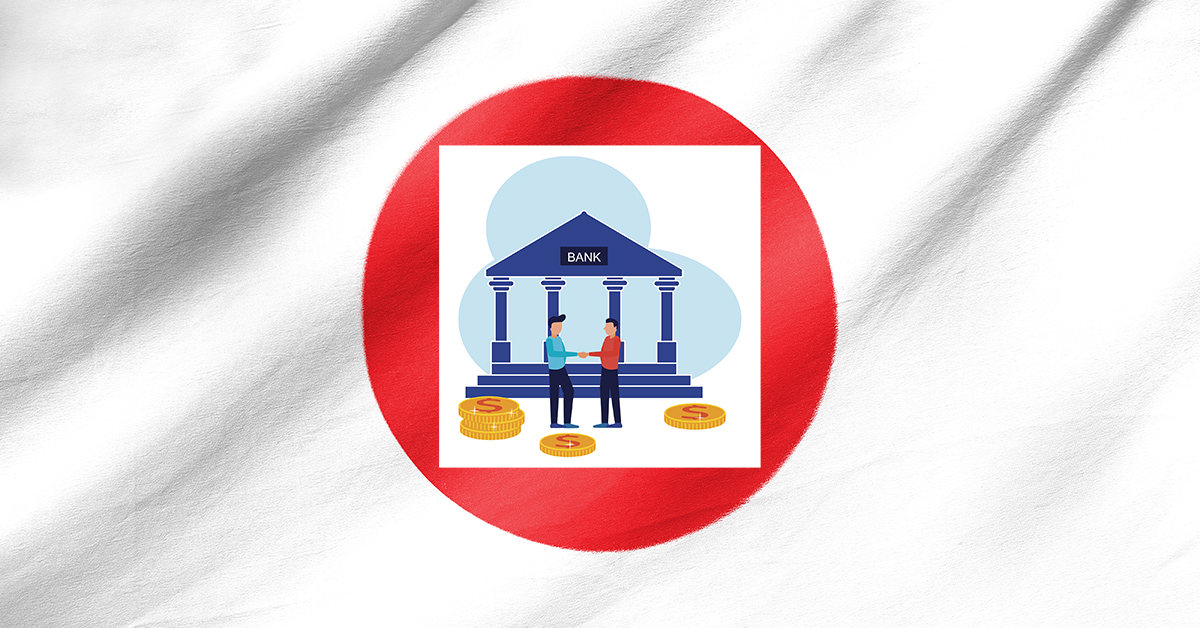Japan's policymakers are encouraging consolidation in the banking system, sparking a wave of regional bank mergers and acquisitions.

In 2022, regional banks in Japan underwent an increased reorganization amid a market decline due to an aging population, relocations to major cities and accelerating industry digitalization—not to mention low interest rates.
Aomori Bank and Michinoku Bank, which are in the northern prefecture of Aomori, merged to launch Proclear Holdings, a move that provided the new entity a 70% share of the local market.
Meanwhile, Aichi Bank and Chukyu Bank merged to create the wholly owned subsidiary Aichi Financial Group. Both banks have been in the central Japan prefecture of Aichi. According to an industry report, similar mergers have recently occurred in Fukuoka and Nagano prefectures.
These consolidations coincide with policies by the government, the Bank of Japan (BoJ) and the country’s financial regulator, the Japan Financial Services Agency (JFSA), to promote regional bank mergers to sustain profitability in the sector, according to Japan insiders.
In 2020, for instance, the BoJ announced a two-year plan to provide an additional 0.1% interest on the balance sheet of current account deposits held by regional banks at the nation’s central bank if they underwent a reorganization or M&A, the Japan Times reported.
While the decline of regional banks in Japan can be traced as far back as the mid-1980s and 1990s, led mainly by a series of bankruptcies up until around 2003, the precipitous drop since the mid-1990s has been mainly due to mergers and acquisitions, experts note.
Yet there has been tension within Japanese institutions regarding the wisdom of such mergers. The Japan Fair Trade Commission (JFTC), for example, has in the past been loath to promote regional bank mergers owing to concerns over monopolies in certain regions, explains Frank Packard, a Tokyo-based financial adviser.
In 2019, however, the JFTC revised its antimonopoly guidelines and relaxed its guidance concerning M&As in this area, which is now deemed legal under certain circumstances. One effect of the revision is that the JFSA is now tasked with monitoring banks to see if they increase interest rates following such mergers.



